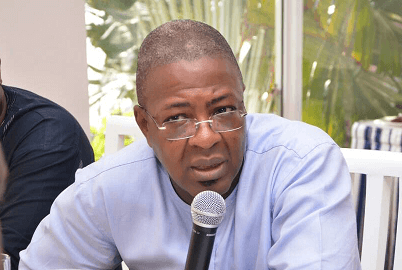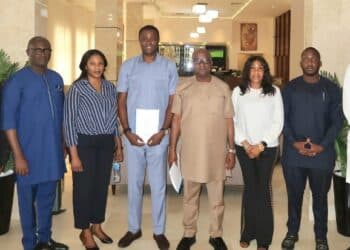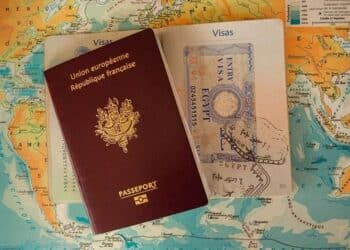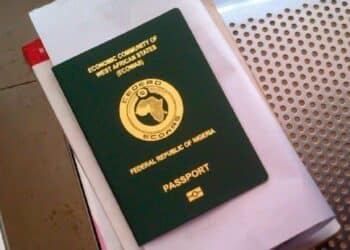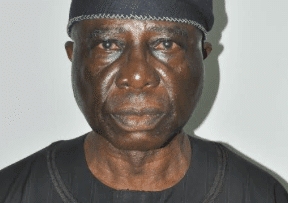DIRECTOR-GENERAL of the Nigerian Tourism Development Corporation (NTDC), Mr. Folorunsho Coker, stressed the need for a working collaboration between data collection organisations, private and public, to crystallise Nigeria’s tourism data overview.
Coker, who said this in a brief chat with journalists at the weekend, disclosed that, “there are other data banks from technologies used by banks, telecoms companies and airlines, among others, that could be used to crystallize our overview of tourism data. It will be by alliance and in our common interest, rather than by enforcement. This will get us where we want to be. Big data is the new oracle. We need to speak to it to maximize benefits.”
While describing statistics as the overview that allows correction of strategies and policies, the NTDC boss commended the National Bureau of Statistics (NBS) for its commitment to using the Tourism Satellite Accounts (TSA) framework to ensure a more robust and realistic aggregation of tourism statistics in Nigeria.
He noted that the symbiotic relationship between government agencies is for the benefit of Nigeria, while opining that, “this is the first time statistic will capture Tourism and its relevance to GDP.
“The decision of NBS to use the TSA framework to ensure a more robust and realistic aggregation of tourism statistics in Nigeria is ground breaking. It is the beginning of what GSM did to analogue for tourism. The DG at NBS is a timely judge of the National data requirements and is on the crest of pronouncements that reinforce our statements that the transportation, hospitality and entertainment in tourism has been big business and need to be identified and separated.”
Recall that Statistician-General of the Federation and CEO of NBS, Dr. Yemi Kale, at an interactive session with members of the Association of Travel & Tourism Writers of Nigeria (ATTWON), recently disclosed the commitment of the bureau to using the TSA framework to ensure a more robust and realistic aggregation of tourism statistics in Nigeria.
Recommended by the World Tourism Organisation (UNWTO), the TSA framework, adopted in 2015 by the NBS, links all tourism and travel statistics in Nigeria with the national accounts framework before national Gross Domestic Product, GDP, is calculated.
Coker then emphasized the need for stakeholders in the Nigerian tourism value chain to synergize and harness the strength of domestic tourism to realise the maximum potentials of the money-spinning industry in the Nigeria economy, thereby improving the contributions of the sector to Nigeria’s GDP.


